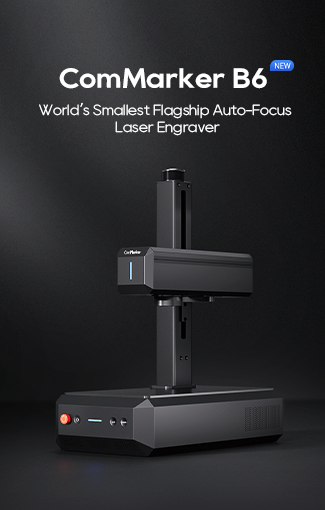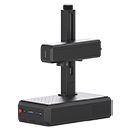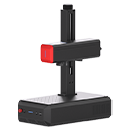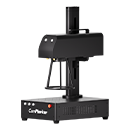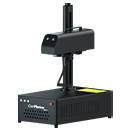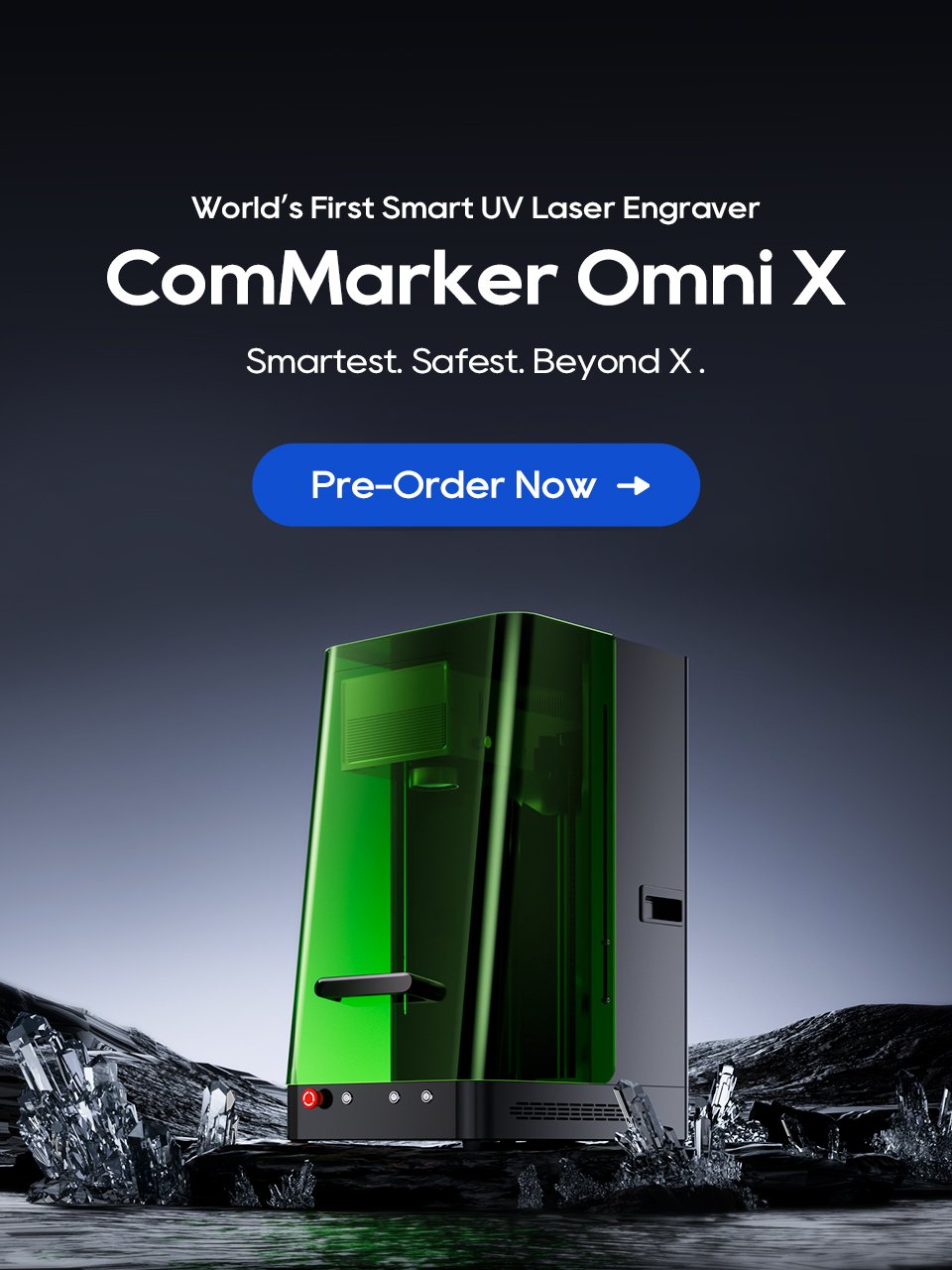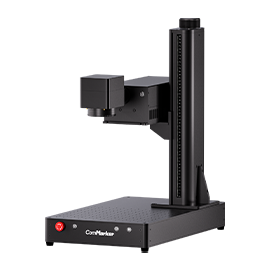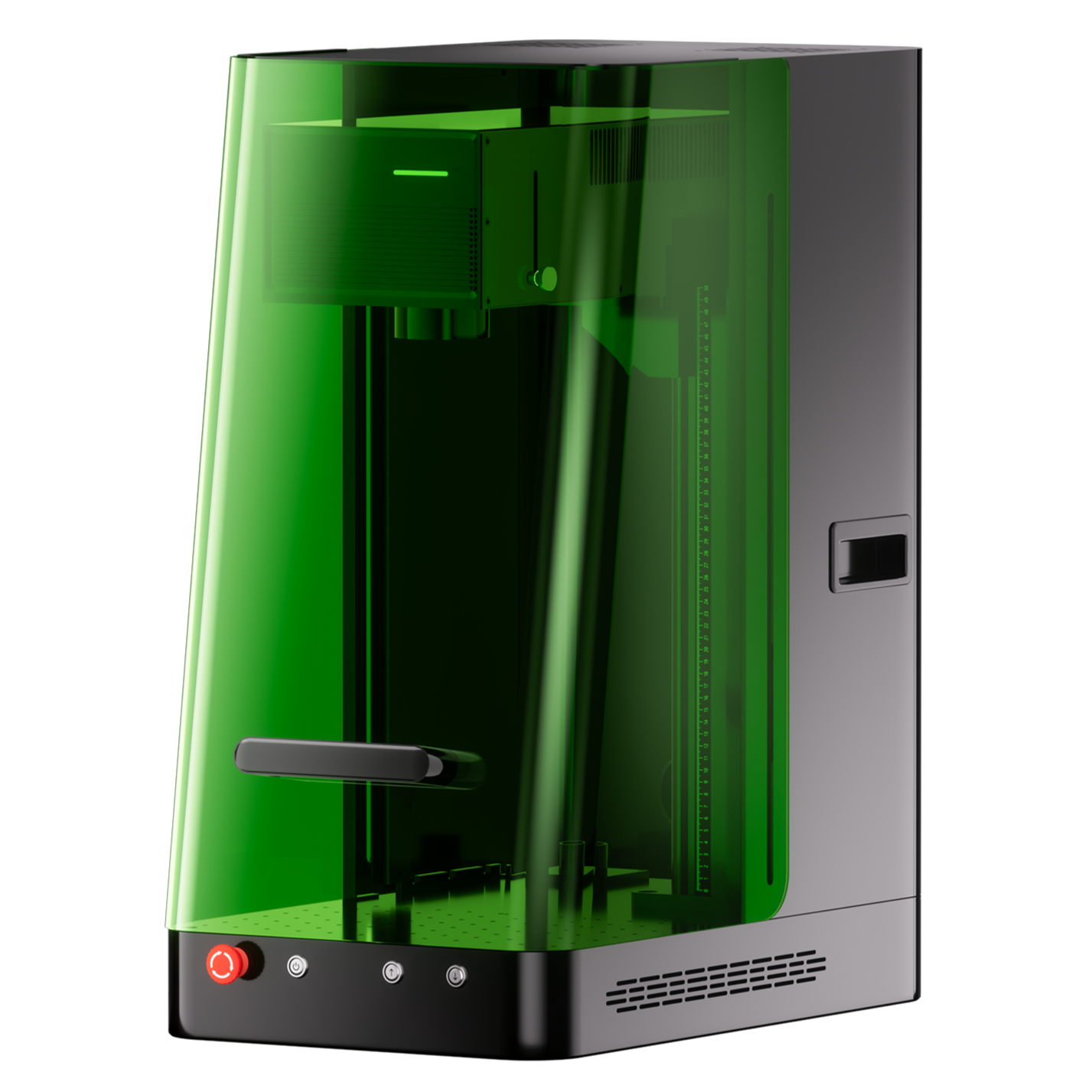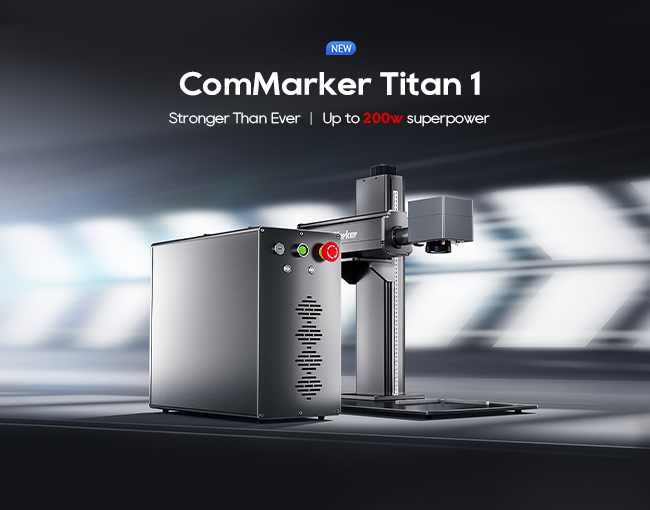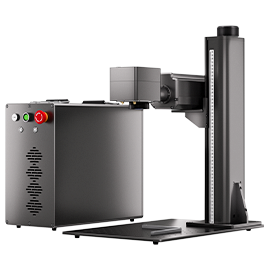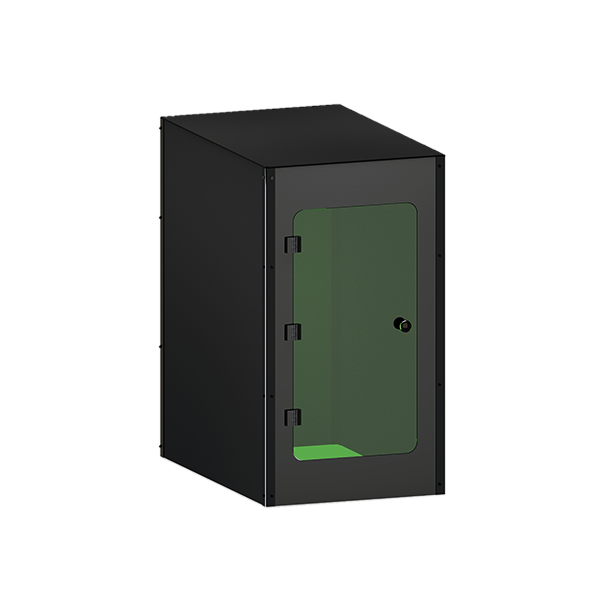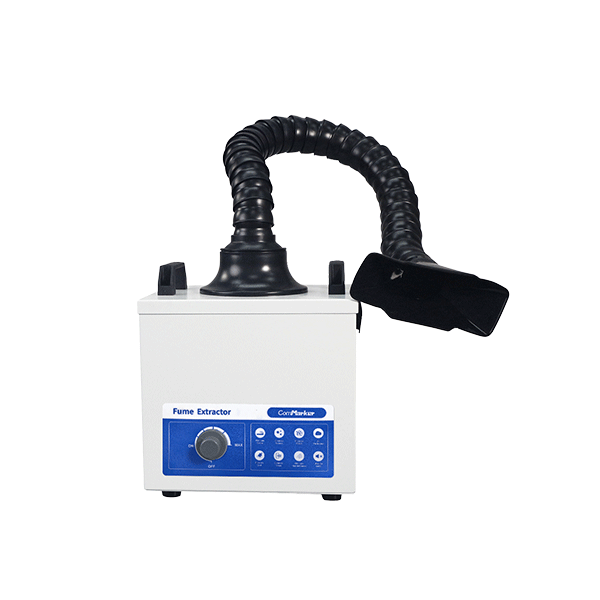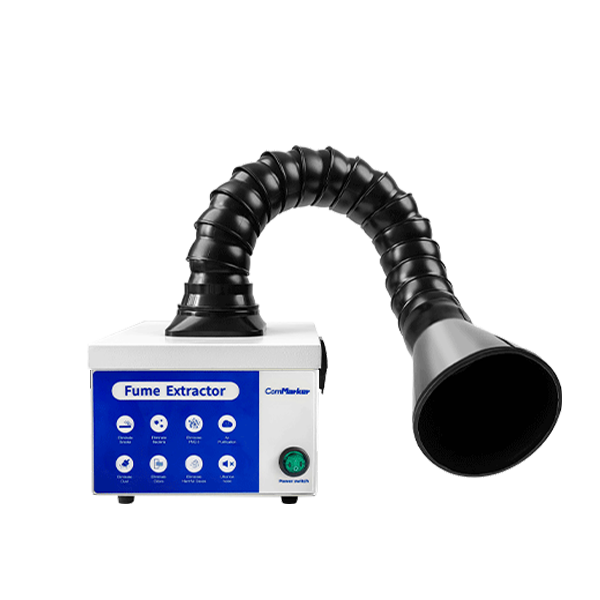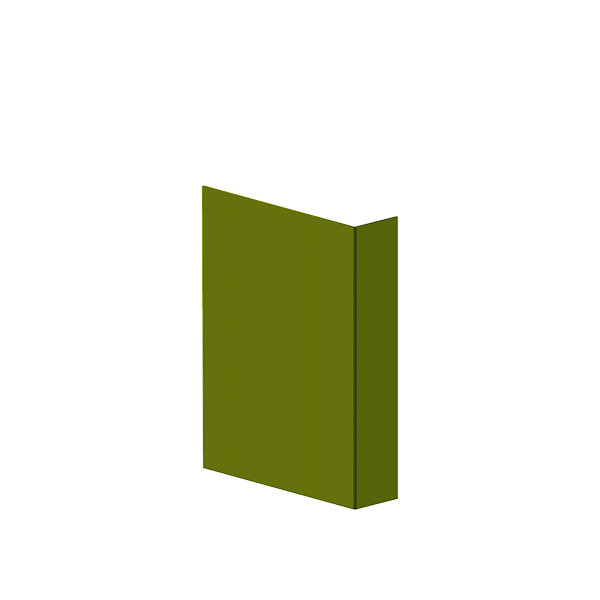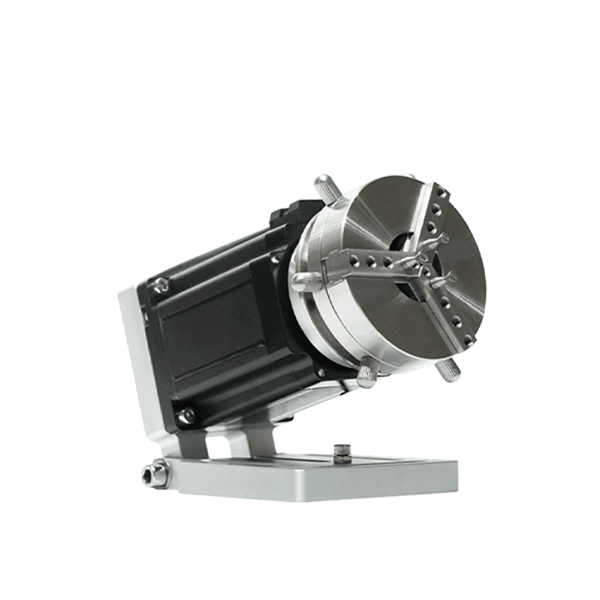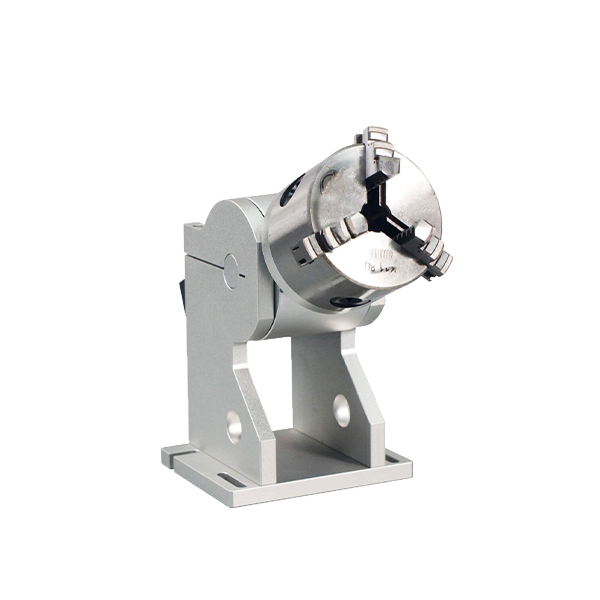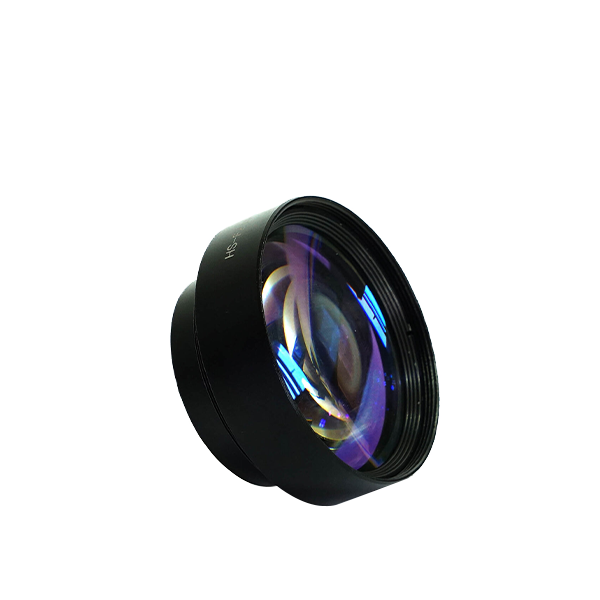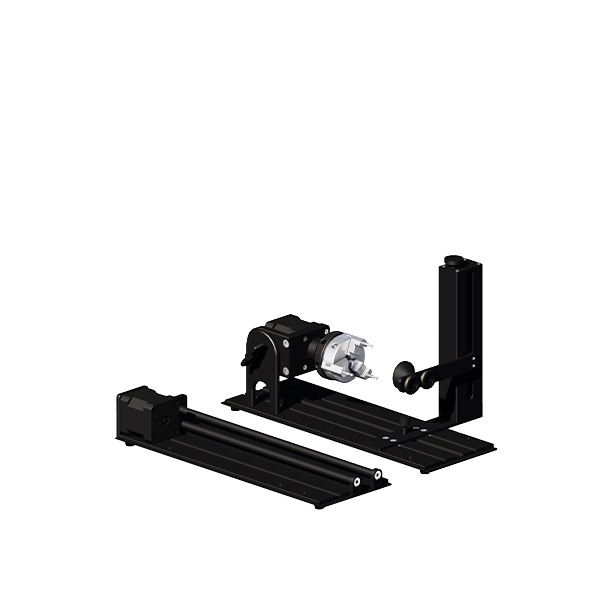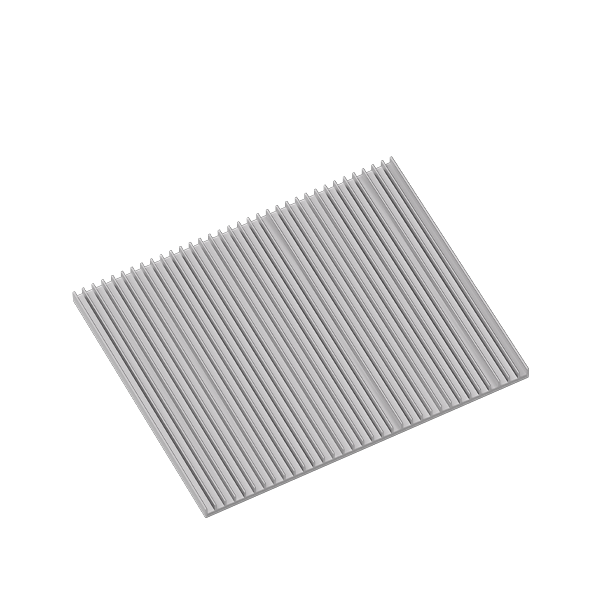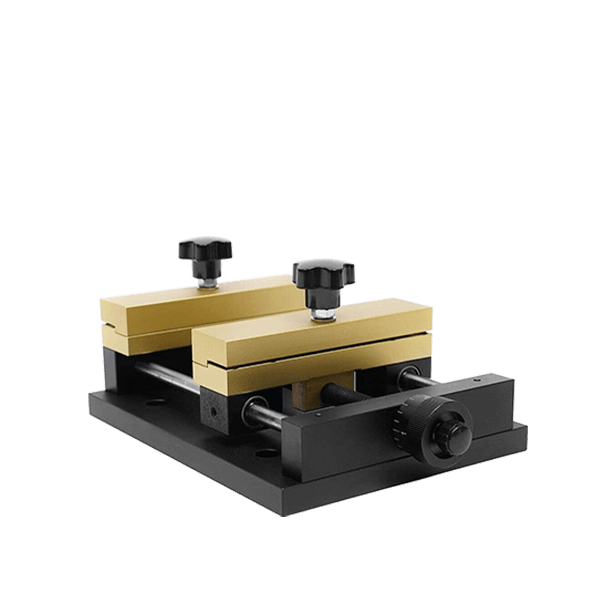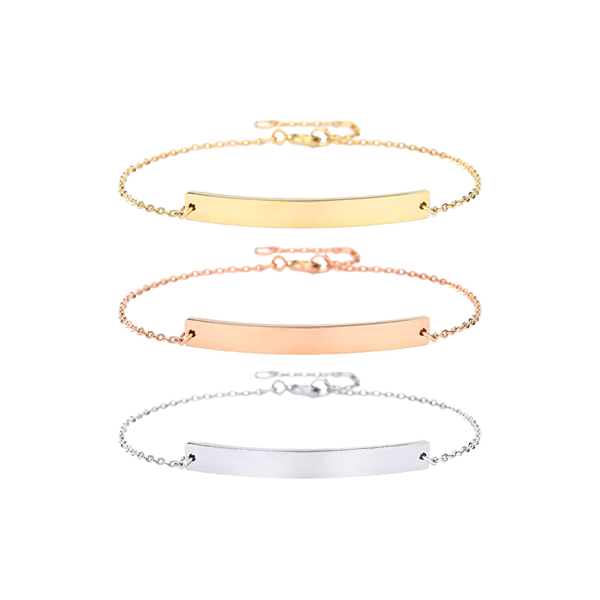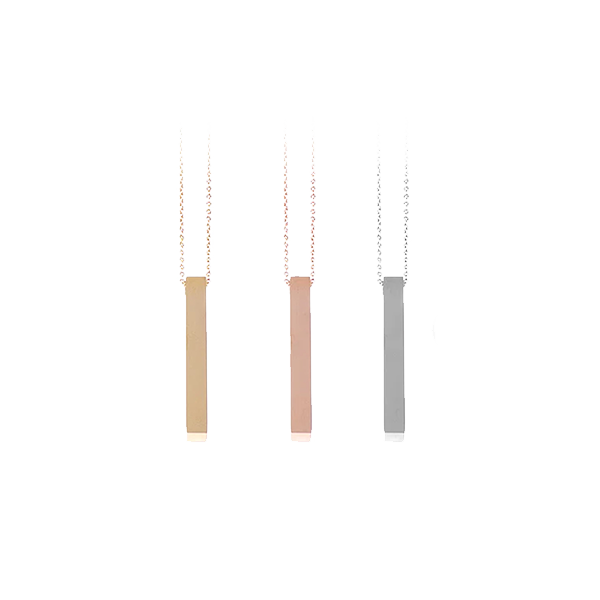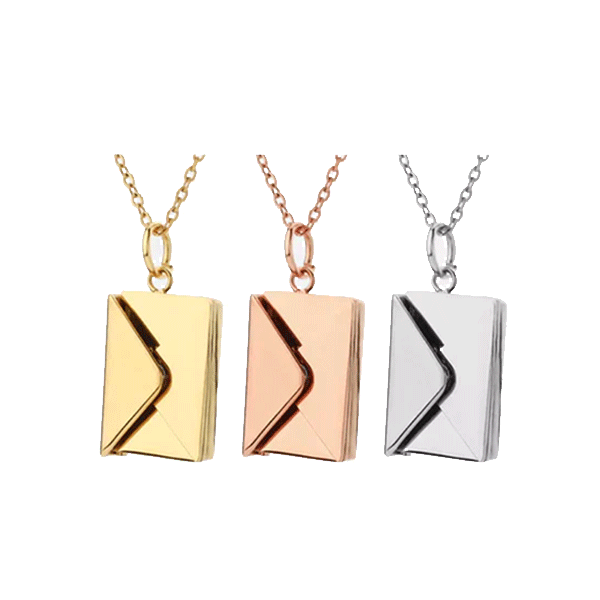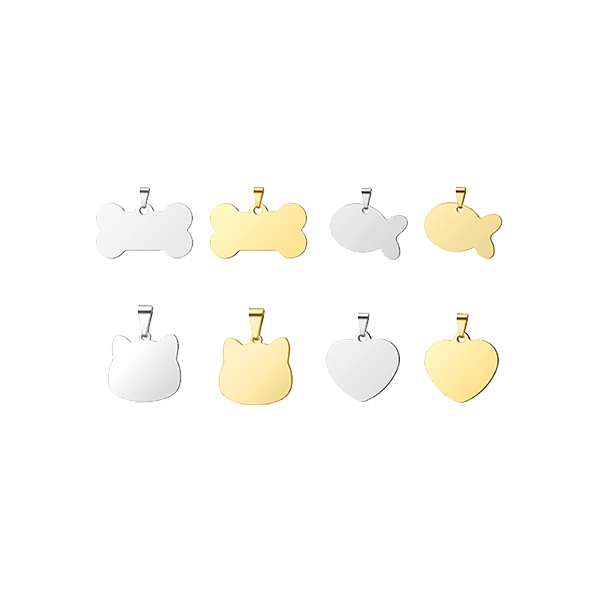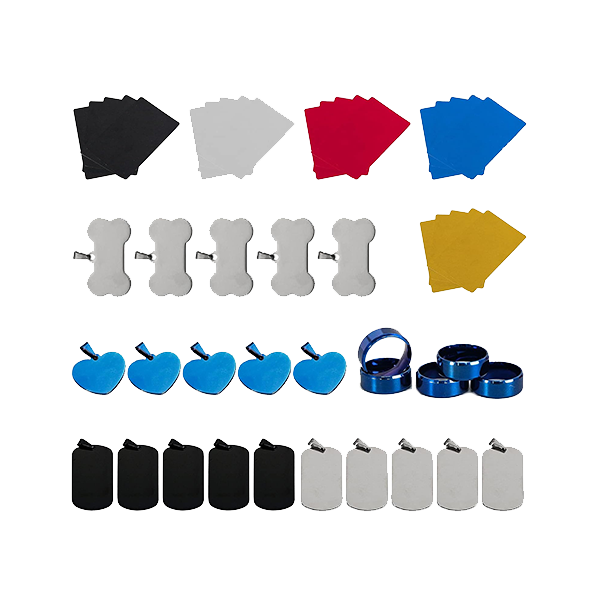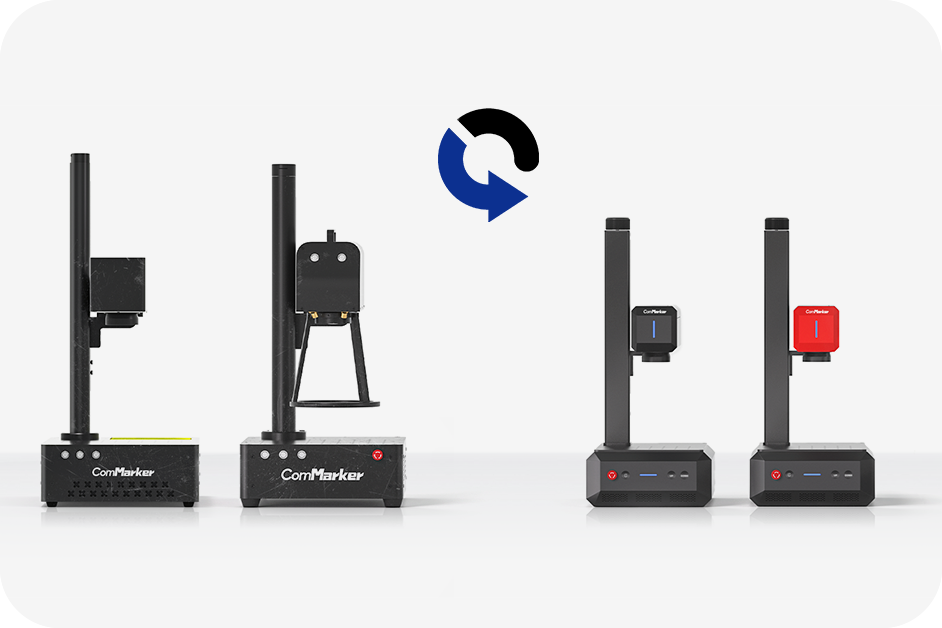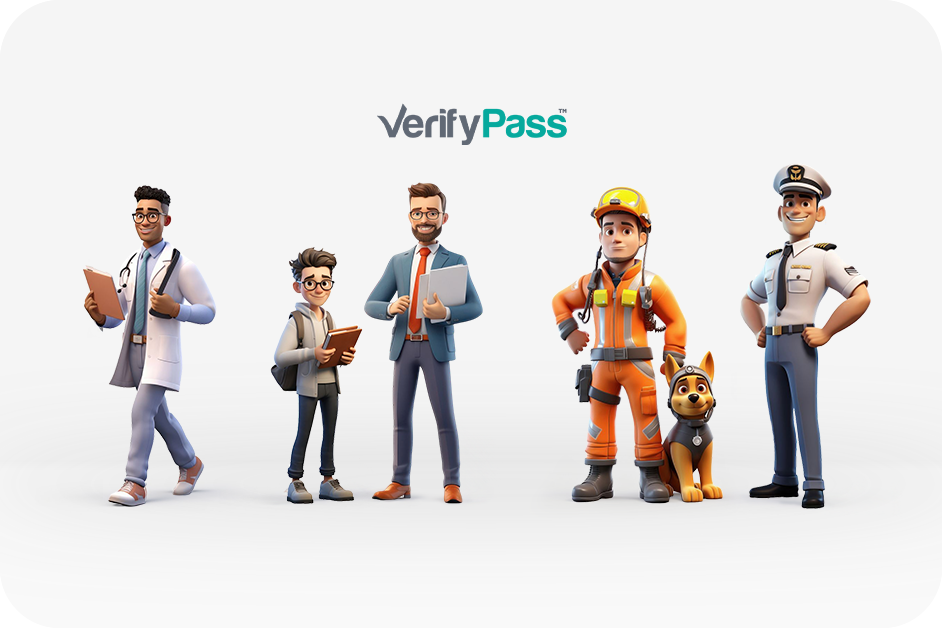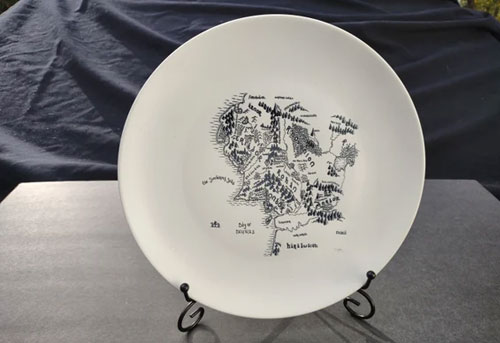Whether you’re customizing nameplates, award plaques, or serial number tags, knowing how to laser engrave plates correctly is key to achieving clean, résultats durables. This guide is designed for makers, petites entreprises, and industrial users alike. We’ll walk through the materials, paramètres, and best practices to laser engrave plates like a pro—using machines like the ComMarker B6 et Omni 1.
À la fin, you’ll know how to select the right laser, avoid common issues, and achieve precision engraving across metal, Plastique, or coated plates—all while keeping your process smooth, sûr, et efficace.

Why Laser Engraving Plates Is a Must-Know Skill
Laser engraving plates is one of the most versatile and in-demand applications for both fiber and UV laser machines. From military dog tags to industrial control panels and restaurant signage, plate engraving ensures durable, legible markings that last for years—even outdoors.
Top Applications:
- Plaques signalétiques & ID tags
- Control panels & switchboards
- Promotional signage
- Asset tracking & codes à barres
- Commemorative plaques

Choosing the Right Machine to Laser Engrave Plates
Different materials require different laser types. ComMarker offers two key options that cater to most use cases:
1. ComMarker B6 (Laser à fibre, 20–50W)
- Idéal pour: Acier inoxydable, aluminium, laiton, métaux anodisés
- Avantages: Deep engraving, Marquage à grande vitesse, résultats permanents
- Power Tip: Use 20–30W for marking; 50W for light cutting or deep engraves
👉 Explore B6 Fiber Laser
2. ComMarker Omni 1 (Laser UV, 5–10W)
- Idéal pour: Plastic plates, métaux revêtus, cuir, acrylique
- Avantages: Ultra-fine detail, gravure à froid (pas de marques de brûlure), versatile materials
- Power Tip: Great for PVC-free plastics and indoor signage
👉 View Omni 1 Laser UV

Recommended Materials for Plate Engraving
| Matériel | Type de laser | Remarques |
|---|---|---|
| Acier inoxydable | Fibre | Deep contrast, especially at 1064nm |
| Aluminium anodisé | Fibre ou UV | Color options with MOPA; good for ID tags |
| Coated Brass/Steel | UV preferred | No charring, retains clean edges |
| Acrylique & Plastiques | UV | Crisp details without melting |
| Wood Plaques | UV ou CO₂ | Optional paint fill after engraving |
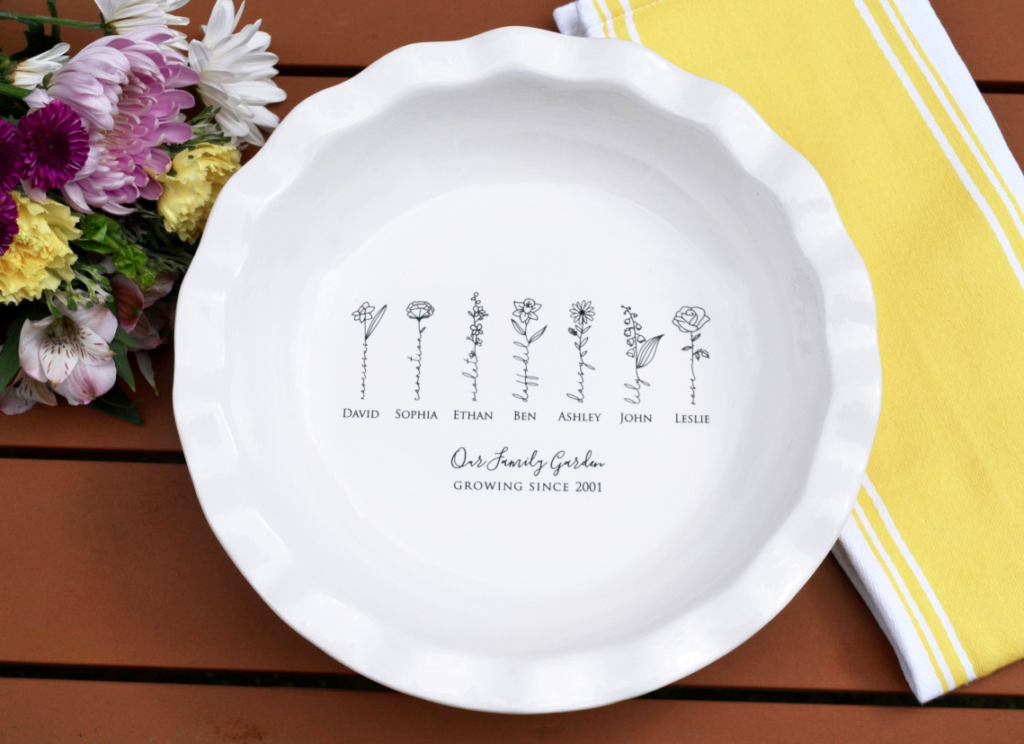
Étape par étape: How to Laser Engrave Plates
1. Prep Your Plate
Clean with isopropyl alcohol to remove oils, poussière, or protective films. Use masking tape if needed to reduce residue (Surtout sur les plastiques).
2. Load Your Design in Software
Whether you’re using LightBurn ou EZCAD2, import your vector file (SVG, DXF) or bitmap (JPG, PNG) and scale it to fit your plate size.
3. Set Your Parameters
Sample Settings for Fiber Laser (B6):
- Matériel: Acier inoxydable
- Vitesse: 800 mm/s
- Pouvoir: 40%
- Fréquence: 30 kHz
- Laissez-passer: 1–3
- Hatch: 0.03 mm at 0°/90° crosshatch
Sample Settings for UV Laser (Omni 1):
- Matériel: Acrylic plate
- Vitesse: 1200 mm/s
- Pouvoir: 30%
- Fréquence: 40 kHz
- Intervalle de ligne: 0.02 millimètre
💡 Conseil: Always do a small test engrave in the corner first.
4. Focus and Frame
Use auto-focus if available. Frame the job area to ensure proper alignment and avoid clipping the design off the edge.
5. Run Your Engrave
Monitor the first pass. If engraving depth or contrast isn’t sufficient, increase the number of passes or adjust the frequency.
6. Clean and Inspect
Use a soft brush or microfiber cloth to wipe off debris. For metal plates, a dab of polishing compound can enhance shine.

Common Troubleshooting Tips
| Problème | Cause | Fix |
|---|---|---|
| Faint engraving | Low power or too-fast speed | Lower speed or increase power |
| Burned edges (plastiques) | Too much heat | Switch to UV laser or lower settings |
| Misalignment | Plate not fixed or beam not centered | Use clamps or run “frame” preview |
| Inconsistent depth | Uneven focus | Check autofocus or use focus gauge |
Best Practices for Long-Term Results
- Batch your jobs: Use a jig or fixture for engraving multiple plates at once.
- Record your settings: Save presets in LightBurn/EZCAD2 for repeat jobs.
- Rotate designs: For multi-directional plates, engrave from different angles for deeper texture.
- Protect your lens: Use air assist or a fan to blow away debris during metal engraving.
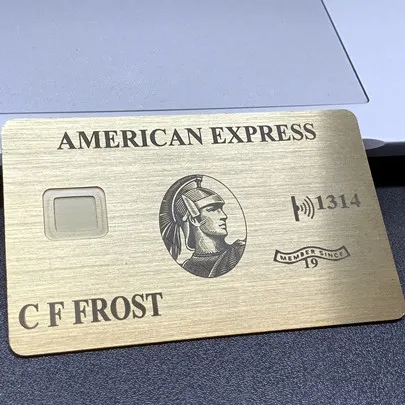
Which Laser Is Right for Your Plate Work?
If you’re working primarily with plaques de métal, le Laser à fibre ComMarker B6 is the go-to choice. C'est rapide, fiable, and produces professional-grade results with virtually no maintenance.
For delicate work or multi-material applications (like plastic, coated metal, ou acrylique), le ComMarker Omni 1 Laser UV is unbeatable in clarity and safety—no fumes, no burns, just clean and sharp engravings.
✅ Ready to laser engrave plates with pro-level precision?
🔗 Shop the ComMarker B6 now →
🔗 Explore the Omni 1 UV →
Your next plaque, tag, or panel deserves engraving that lasts. Make it happen with the right machine from ComMarker.




